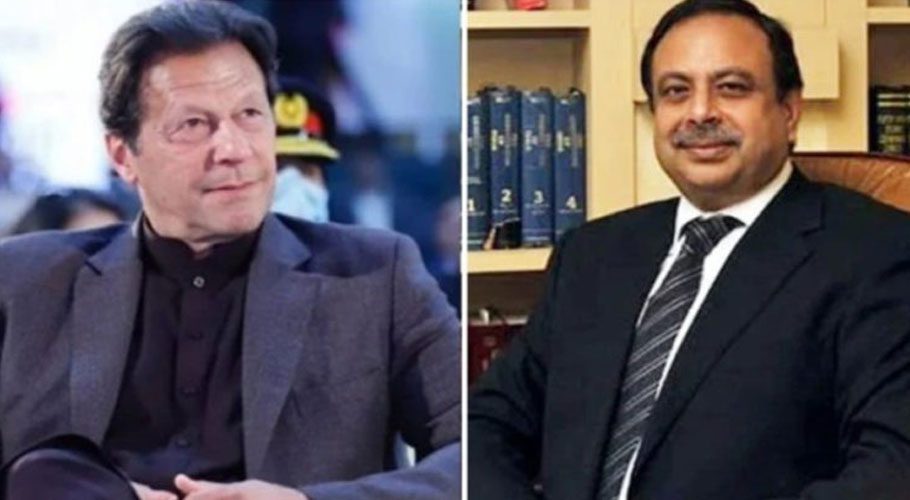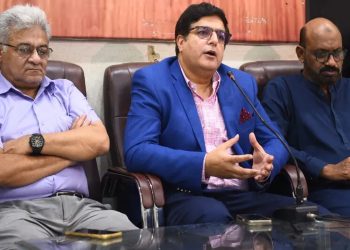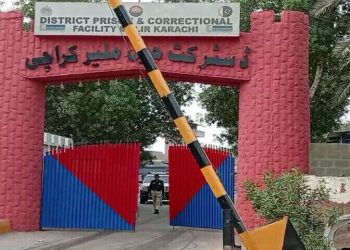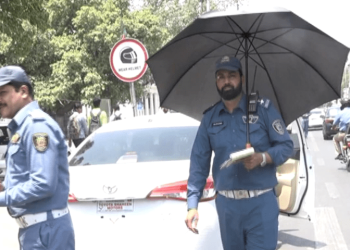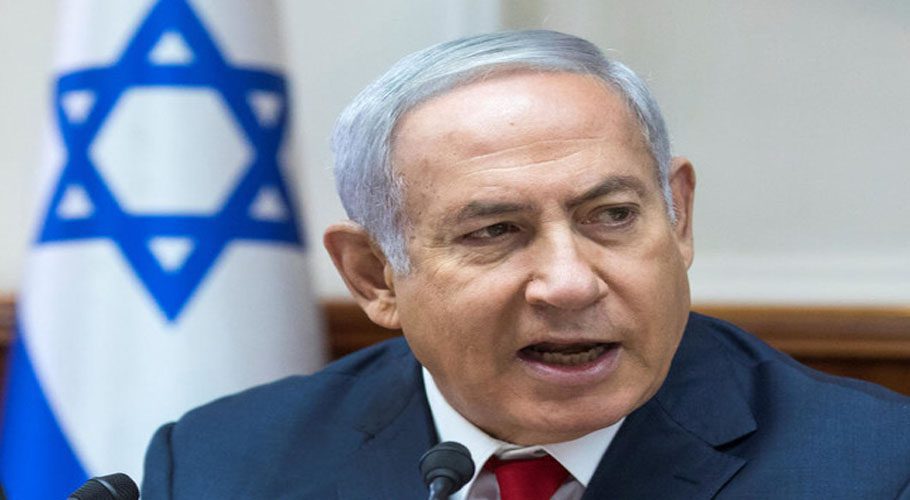ISLAMABAD: Attorney General of Pakistan (AGP) Ashtar Ausaf has asserted that the government did not allow the PTI to hold its Azadi March because there was a “threat” to party chairman Imran Khan’s life according to reports from security agencies.
He made these remarks in response to a question asked by Supreme Court (SC) during a hearing of petition filed by Islamabad High Court Bar Association (IHCBA) President Mohammad Shoaib Shaheen a day earlier, seeking the removal of blockades in the capital ahead of the PTI’s march.
A three-member bench headed by Justice Ijazul Ahsan, and comprising Justice Munib Akhtar and Justice Sayyed Mazahar Ali Akbar Naqvi heard the petition.
While referring to PTI’s application, Justice Ahsan inquired about the decision on the request. Replying to the court’s query, AGP Ausaf informed the court that PTI’s permission for staging a sit-in at Srinagar Highway was rejected.
“The permission to gather at Srinagar Highway was denied due to the security situation. Imran Khan’s life is in danger as per reports of security agencies. Security agencies have raised fears of a suicide attack on the former prime minister,” he told the apex court.
However, Justice Ahsan said the AGP was deviating from the original issue and asked whether the police were conducting raids and arresting PTI leaders and workers.
“If the government has a problem [with the march] on Srinagar Highway, why are Lahore and Sargodha and the rest of the country closed?” Justice Ahsan asked, while Justice Akhtar questioned:
“Is the threat to political leadership only on Srinagar Highway? Justice Naqvi asked the interior secretary whether he was ready to take responsibility for what was happening in the country.
The official responded that law and order was the province’s domain at which Justice Naqvi asked whether the interior ministry only served as a post office.
“Has the interior ministry issued any policy directives?” Justice Ahsan asked to which the official replied in the negative. The judge then observed that raiding people’s homes was illegal.
Justice Ahsan then directed the official to present a complete plan for holding protests without closure of roads.







